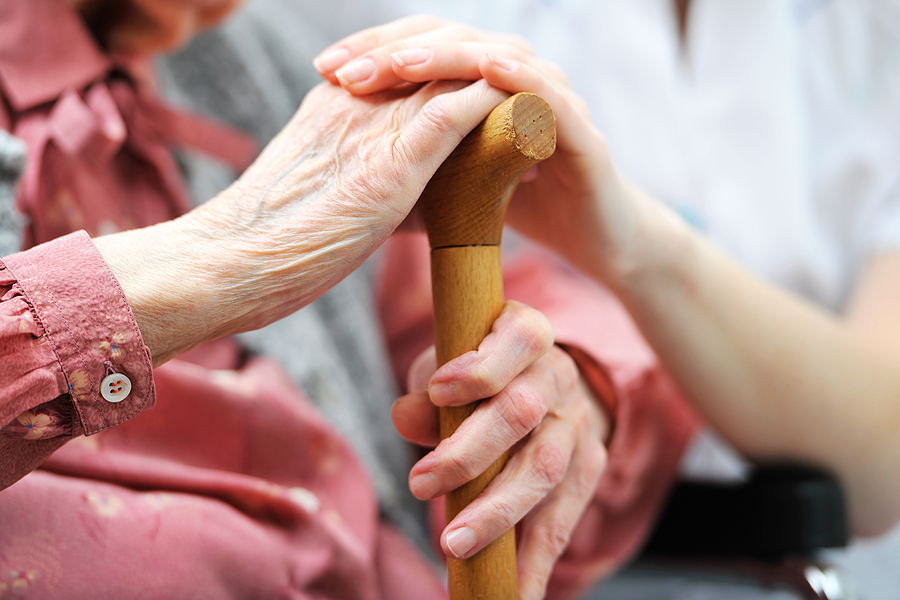Power of Attorney and Elder Law in Pennsylvania: Protecting Seniors’ Rights and Interests

As individuals age, concerns about legal and financial matters become increasingly important. In Pennsylvania, understanding the role of Power of Attorney (POA) and Elder Law is crucial for protecting seniors’ rights and interests. Let’s delve into these topics to provide clarity and guidance for seniors and their families navigating estate planning and legal affairs.
The Importance of Power of Attorney
A Power of Attorney is a legal document that grants someone the authority to make decisions on behalf of another person, known as the principal. For seniors, appointing a trusted agent through a Power of Attorney is essential for ensuring that their financial and healthcare affairs are managed effectively if they become incapacitated or unable to make decisions independently. By designating a Power of Attorney, seniors can maintain control over their affairs and avoid the need for court-appointed guardianship or conservatorship.
Types of Power of Attorney
In Pennsylvania, there are different types of Power of Attorney documents, each serving a specific purpose. A General Power of Attorney grants broad authority to the agent to handle financial matters on behalf of the principal. A Healthcare Power of Attorney, also known as a medical or healthcare proxy, authorizes the agent to make medical decisions for the principal if they are unable to do so. By executing these documents, seniors can ensure that their interests are protected and their wishes are respected in various situations.
Understanding Elder Law
Elder Law encompasses a wide range of legal issues affecting seniors, including estate planning, long-term care, Medicaid planning, guardianship, and protection against elder abuse and exploitation. Elder Law attorneys specialize in addressing the unique needs and concerns of seniors and their families, providing guidance on legal matters related to aging, healthcare, and financial planning. By consulting with an Elder Law attorney, seniors can access valuable legal advice and support tailored to their specific circumstances.
Protection Against Financial Exploitation
Seniors are often vulnerable to financial exploitation and abuse, whether by family members, caregivers, or scammers. An Elder Law attorney can help seniors establish safeguards against financial exploitation, such as appointing a trustworthy agent under a Power of Attorney, creating a revocable living trust to manage assets, or implementing advanced directives for financial management. Additionally, attorneys can provide education and resources to help seniors recognize and prevent financial exploitation.
Advocacy for Seniors’ Rights
Elder Law attorneys serve as advocates for seniors, ensuring that their rights and interests are protected in legal proceedings and interactions with healthcare providers, financial institutions, and other parties. Whether addressing issues related to guardianship, nursing home abuse, or Medicaid eligibility, attorneys can advocate for seniors’ rights and pursue legal remedies when necessary. By partnering with an Elder Law attorney, seniors can navigate complex legal matters with confidence and peace of mind.
Conclusion
Understanding the role of Power of Attorney and Elder Law is essential for protecting seniors’ rights and interests in Pennsylvania. By executing appropriate legal documents, consulting with Elder Law attorneys, and staying informed about legal rights and protections, seniors can safeguard their financial security, healthcare decisions, and overall well-being as they age. Don’t hesitate to seek legal guidance if you or a loved one have questions or concerns about estate planning, elder abuse, or other legal matters affecting seniors.